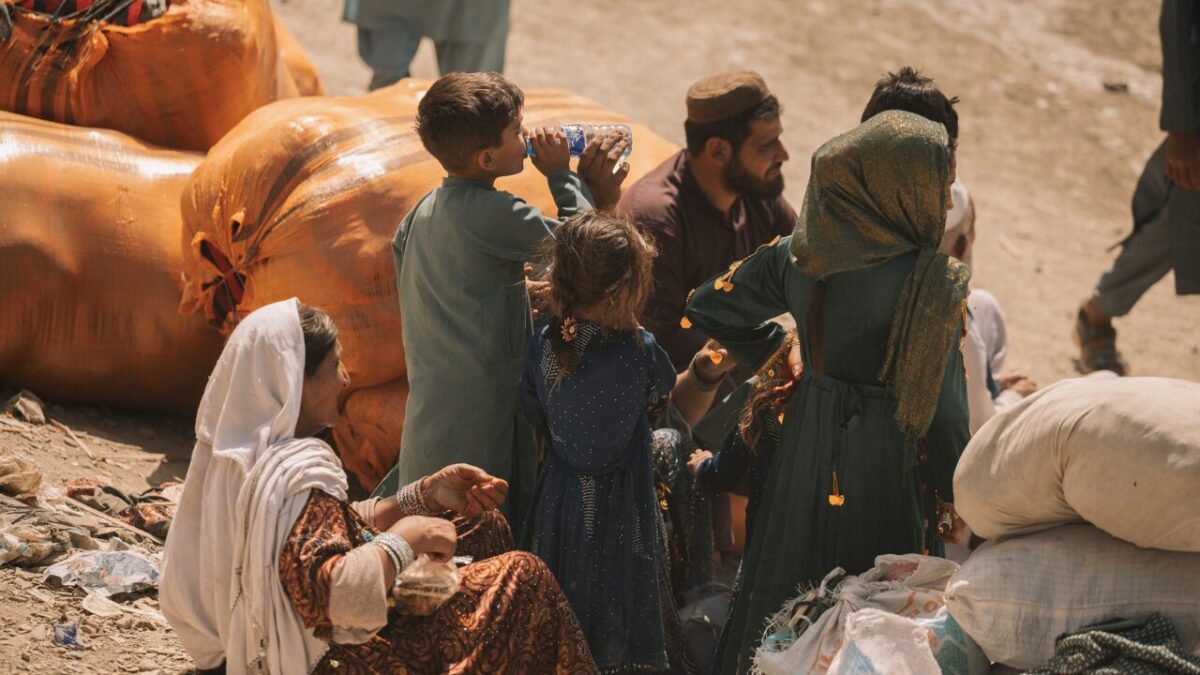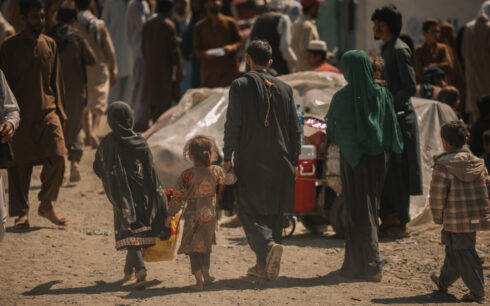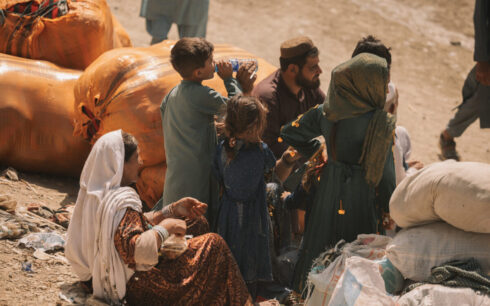Figures compiled by Amu from Taliban statements show that 5,566 families were either deported or voluntarily returned from Iran and Pakistan over the past week.
Between May 23 and May 30, Iranian authorities expelled 4,197 families, while Pakistani authorities deported 1,369 families, either forcibly or through what officials described as “voluntary” returns.
The families reentered Afghanistan through various border crossings: 834 via Torkham, 528 through Spin Boldak, and seven through Angoor Adda in Paktia province. Iran, meanwhile, returned 2,863 families via Islam Qala, 1,278 through the Pul-e-Abresham crossing, and 56 via Bahramcha in Helmand province.
The expulsions follow a similar pattern from the previous week, when a combined 4,690 families were returned to Afghanistan—3,130 from Iran and 1,560 from Pakistan.
The deportations come amid mounting concerns from aid groups over the growing number of Afghans forced to return to a country grappling with widespread poverty, economic instability and severe humanitarian challenges.
The Norwegian Refugee Council (NRC), in a recent report, estimated that more than one million Afghans have been deported from Pakistan since the country launched a mass expulsion campaign in September 2023. The NRC projected that an additional 600,000 Afghan migrants may be forced to return from Pakistan by the end of 2025.
Iran has also ramped up its deportation efforts. The NRC said more than one million Afghans were expelled from Iran in 2024 alone.
Afghanistan faces a deteriorating economy and increasing pressure on already strained public services, raising alarm about the government’s capacity to absorb the influx of returnees.





